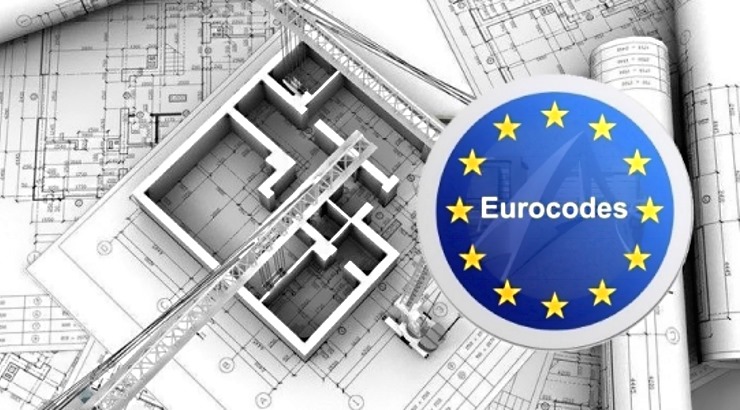Industry News
Builders to Go Back to Class as Kenya Adopts Eurocodes
Eurocodes will replace the British Standards that have guided local builders for half a century.

Construction professionals in Kenya will undergo fresh training after the government sanctioned the adoption of new European standards and codes that are now in use globally.
Known as Eurocodes, the new set of rules provides a common reference point for all contractors and consultants in the country – replacing the British Standards that have guided local builders for half a century.
According to Charles Gachahi, the coordinator of standards development at the Kenya Bureau of Standards (Kebs), British Standards (BS) and codes shall be replaced with Eurocodes by January 2021. This means that local institutions offering engineering-related courses will have to replace their BS teaching systems with Eurocodes.
On the other hand, government departments and private companies offering services in engineering and related fields will have to find ways to embrace and adopt Eurocodes before the changeover.
RELATED: Kenya to Adopt New Building Code by September
Mr Gachahi last week said that Kebs had partnered with Moi University to launch a five-year plan to fast-track the introduction of Structural Eurocodes in Kenya ahead of the 2021 deadline for the country to adopt the new guidelines.
“The process of developing and adopting standards is a concerted effort between the users of the standard and the regulators. We are consulting all key stakeholders as the country transitions to Eurocodes,” Mr Gachahi briefed stakeholders on Eurocodes.
Introduced in the United Kingdom in March 2010, Eurocodes are Europe’s first set of harmonised technical rules for the design of buildings and structures across the continent.
Eurocodes consist of two parts; the general part, which is the same for all participating countries, and the national annex, which adapts to the local needs of the country.
Kebs says Eurocodes would eliminate the disparities that continue to hinder the transfer of engineering technology and services in global markets.
The codes are also expected to promote uniform levels of safety in the local building and construction sector.
The standards will also address cases of sub-standard structures that have been blamed for the rising cases of building collapse across the country.














